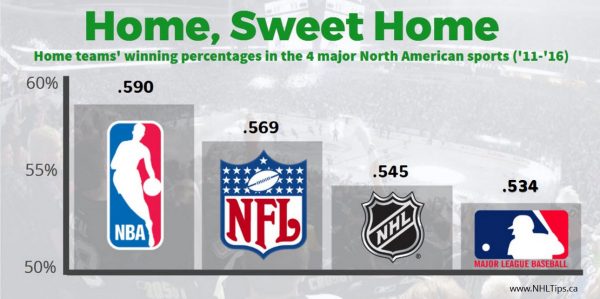VanIslander
20 years of All-Time Drafts on HfBoards
Better contemporary players (not careers), as some have noted but not stuck:
1. Moose Watson > Hooley Smith
(Both Olympic mates, one refused to turn pro)
2. Nighbor > Morenz
(When Morenz received a trophy, he identified the one he thought should have got it)
3. Herbie Lewis > Marty Barry
(the captain, the fastest NHLer and highest paid is somehow 2nd fiddle in modern eyes to the center who came to town)
4. Gus Bodnar > Bill Mosienko
(the center who had the fastest three assists in NHL history, winning the faceoffs and passing to Bill; you dunno Gus cuz Bill was inducted but the Calder trophy winning center who led the NHL in playoff GWGs on way to a Stanley Cup victory before his trade to Chicago is forgotten)
And that is just my wild off-the-top-of-my-head takes of the NHL to mid-last century. Prior and subsequent 100% believed wild takes i'll post another time. G'day.
EDIT: Dick Irvin > George Hay
(Both HHOFers but one played less in the NHL after the Western leagues, so is dinged)
1. Moose Watson > Hooley Smith
(Both Olympic mates, one refused to turn pro)
2. Nighbor > Morenz
(When Morenz received a trophy, he identified the one he thought should have got it)
3. Herbie Lewis > Marty Barry
(the captain, the fastest NHLer and highest paid is somehow 2nd fiddle in modern eyes to the center who came to town)
4. Gus Bodnar > Bill Mosienko
(the center who had the fastest three assists in NHL history, winning the faceoffs and passing to Bill; you dunno Gus cuz Bill was inducted but the Calder trophy winning center who led the NHL in playoff GWGs on way to a Stanley Cup victory before his trade to Chicago is forgotten)
And that is just my wild off-the-top-of-my-head takes of the NHL to mid-last century. Prior and subsequent 100% believed wild takes i'll post another time. G'day.
EDIT: Dick Irvin > George Hay
(Both HHOFers but one played less in the NHL after the Western leagues, so is dinged)
Last edited:


